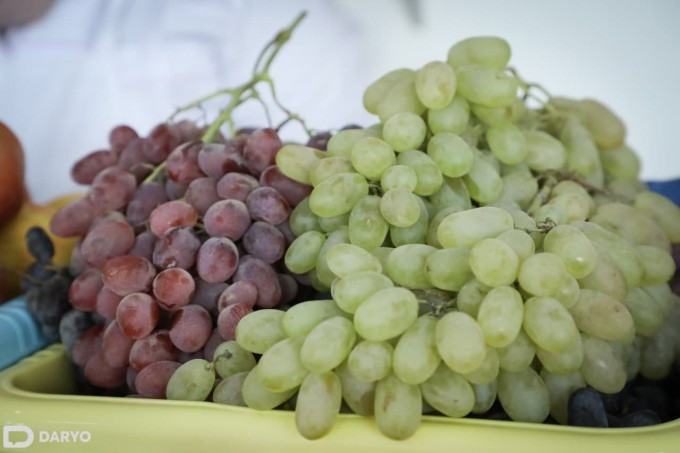Uzbekistan has experienced a drop in its global grape export ranking by the end of 2023. Once holding the 9th position globally in 2022, the country has plummeted to 20th place in the current year, EastFruit reported.

This decline is attributed to a severe grape crisis caused by abnormal frosts, which led to widespread vineyard destruction.
The devastation of vineyards has struck a heavy blow to Uzbekistan's fruit and vegetable sector. Table grapes, previously a primary source of export revenue and essential income for many small farmers, have seen an eightfold reduction in export volume over the past year.
The crisis has also affected the dried fruit sector, particularly raisin exports, which have historically been a significant part of the country's agricultural trade.
While fresh grapes are largely sold to neighboring countries due to outdated varieties and complex logistics, raisin exports have been more diversified, increasingly reaching high-income markets.
In response to the crisis, Uzbekistan has even imported grapes, though the swift restoration of vineyards has led to a stabilization of prices for major grape varieties. With vineyards being restored and prices returning to typical levels, there is hope that Uzbekistan's grape export volumes will gradually recover in the coming months.
In 2023, Uzbekistan produced around 1.7mn tons of grapes, marking a slight decline of 1.3% from 2022. The Samarkand region led in grape production with 639,200 tons, while the Republic of Karakalpakstan reported the smallest yield at just 11,600 tons.
Uzbekistan, known for its extensive winemaking history, remains the primary wine producer in Central Asia. The country's ideal climate and rich soils support the growth of over 300 grape varieties across different regions.
Follow Daryo's official Instagram and Twitter pages to keep current on world news.
Comments (0)